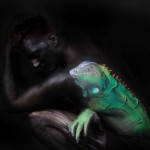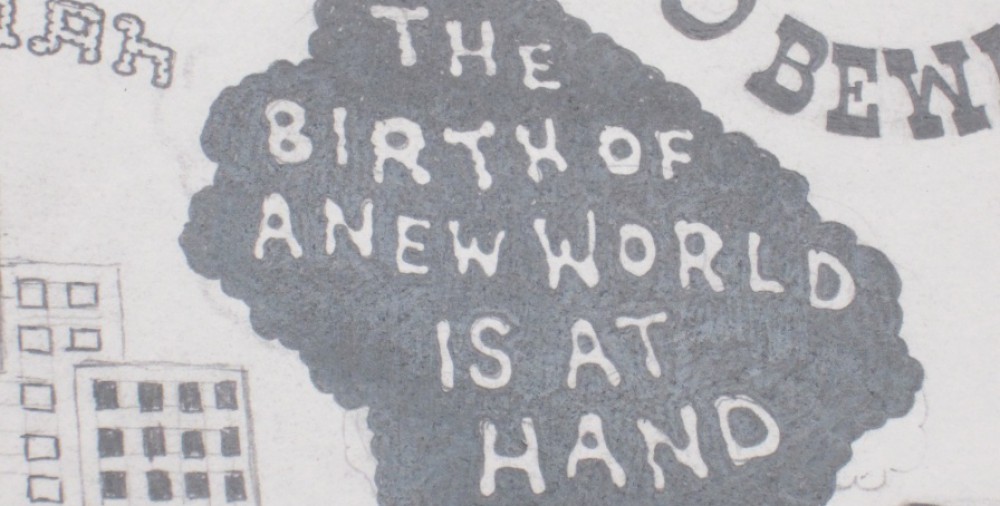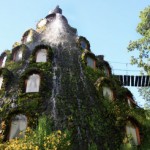Imagine a place full of green. Where instead of buildings, trees are what soared to the sky. Mountains and hills housed humans and the concrete which grayed up our streets did not
exist. Everything was all natural so pollution would never risk life on earth. Transportation was normally made by foot. Horses and other animals helped with that, they would give them rides and help pull wagons or carriages for them.
Humans, they did not know greed or envy, they disliked but they did not hate, no judgement was given. Everyone was friendly they greet each other one way or another, either with a kiss, a hello, or a welcoming smile. Every village had a source of water many of them had wells but there were also lakes, waterfalls and rivers. Vendors would gather near their source of water, picture it like a farmer’s market or a fair. While going to get their water they would pick up their necessities as well. People here didn’t use money in fact they didn’t even trade. Knowing that people were happy with their produce and products the vendors were content, more happy if they were given a compliment.

Now what would this place be without a special gift? In this place humans had a special connection with animals. Ancient tribes believed that animal spirits would help as a guidance and over time the magic connection with animals grew. At the age of 8 children would go and stay with the town priest or priestess for a few day. During this time, they would meditate and find what type of animal would help them and give them guidance. When the animal was found, the spirits would surround the child and mark them with their image. This gift allowed them to speak with their animal in a meditation state or not.
 Can you imagine finding a rabbit on your way home and being able to communicate with it? Ask it questions. Animals over time grew wise, they observed humans and learned the type of advises they needed in order to be happy and to continue the flow of positive energy that was everywhere. Like humans, animals weren’t selfish other’s needs were their priority and when they were needed they would be there.
Can you imagine finding a rabbit on your way home and being able to communicate with it? Ask it questions. Animals over time grew wise, they observed humans and learned the type of advises they needed in order to be happy and to continue the flow of positive energy that was everywhere. Like humans, animals weren’t selfish other’s needs were their priority and when they were needed they would be there.
With happiness people recovered quickly from sickness. They did not damn pain, they saw it as an experience, not to do a silly mistake twice or as a message, when something was wrong with their bodies. Death was seen as a celebration, to be released from one’s body and having the freedom to roam the earth and skies. When someone was release their friends and family would wear white to represent the freedom given to their relative, this was the only time one wore white and a gathering would be held by their watering hole where dancing, singing, drinking, and eating were present.
Having everything and everyone working together is what made this perfect world. Having respect and not taking advantage, sharing with everyone is what kept this world together.





